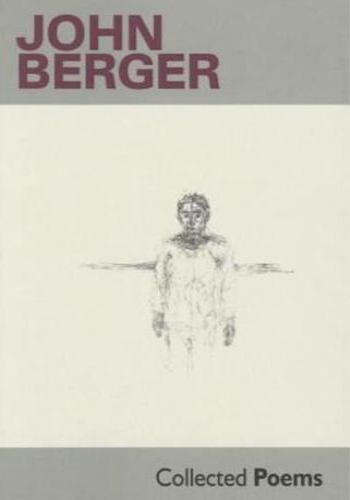Novelist, draughtsman, film-maker, essayist and critic - John Berger is one of the major European intellectuals of our time. For sixty years he has been challenging the way we see the world and how we think about it, in books like Ways of Seeing, Permanent Red, To the Wedding, A Painter of Our Time, Pig Earth, Once in Europa, Lilac and Flag and G. But although Berger has always written poetry, often smuggling poems inside books like The Seventh Man and The White Bird, this is the first time his poetry has been collected in English.
Collected Poems reflects Berger's longstanding concerns with art and politics, love and war, history and memory, emigration, immigration and the life of the European peasantry. It includes well-known poems like 'The Ladle', 'Village Maternity' and 'Death of La Nan M.' as well over twenty previously unpublished poems. From 'My Coney' (written in 1952 when Berger was just twenty-six) to 'They Are the Last' written in 2008, Berger the poet demonstrates an enduring commitment to the extraordinary lives of ordinary people. These are perfectly framed still-life images, sensual and plain, delicate sketches of hard lives caught between the provisional quality of language and the permanence of things. John Berger's Collected Poems reveals its author to be a major poet of our time.







